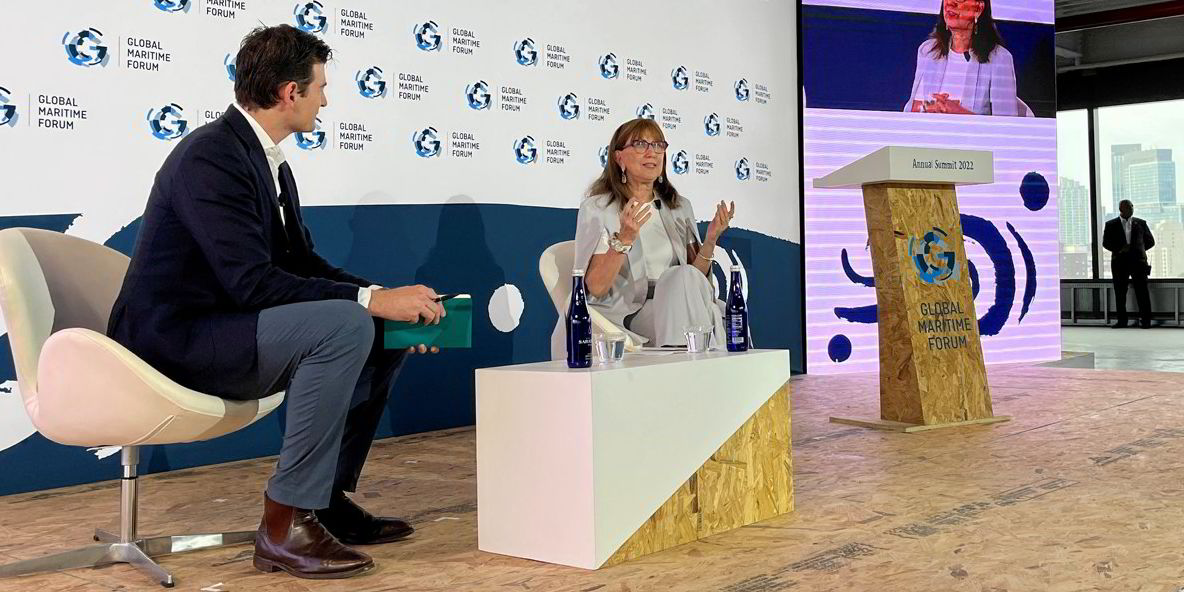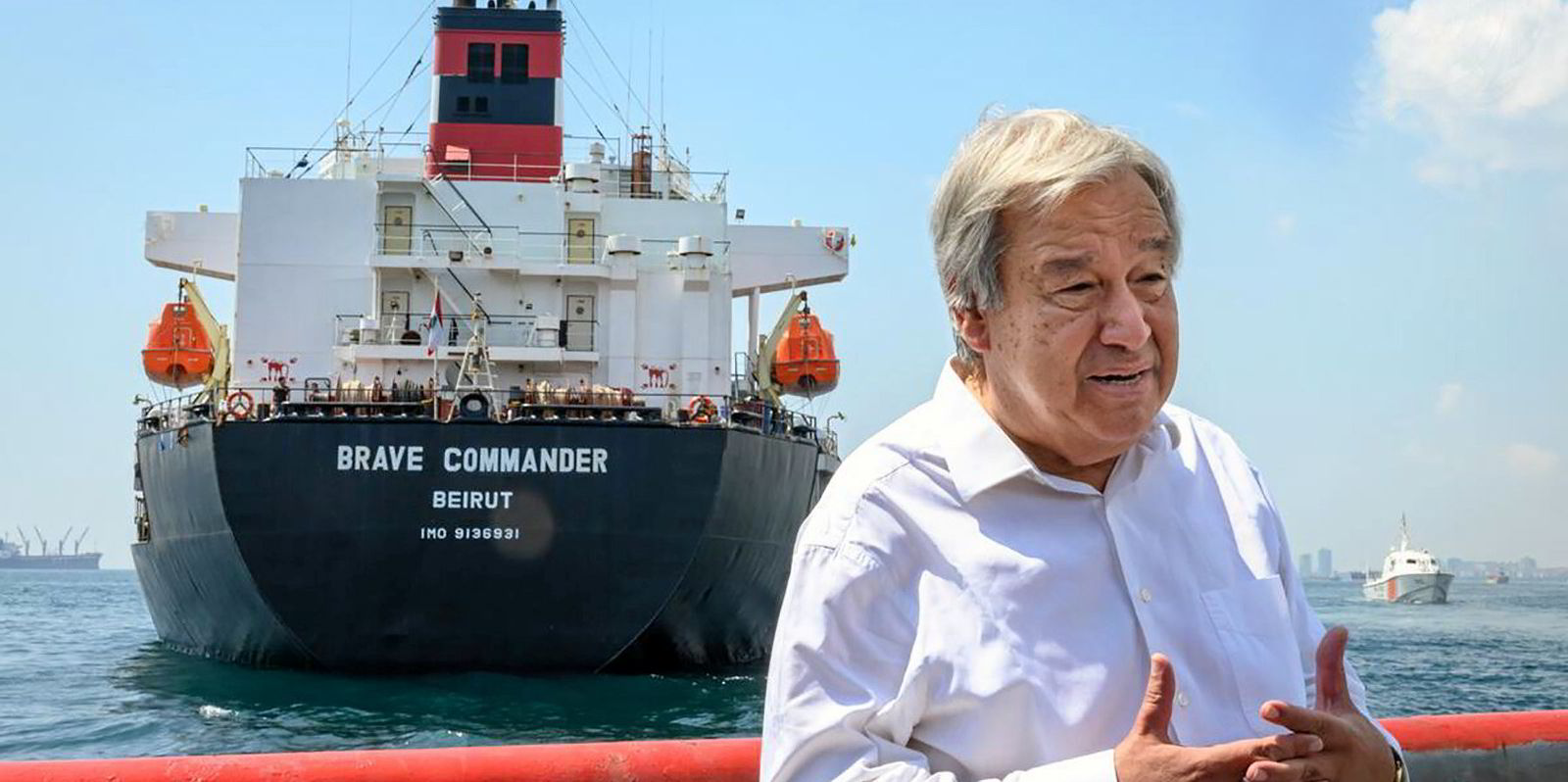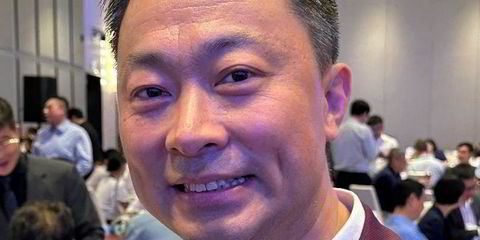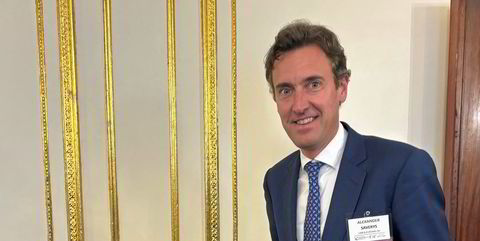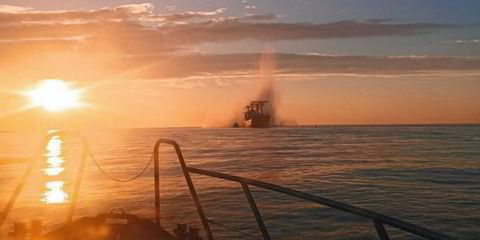The head of the United Nations’ trade arm has appealed to shipowners to help expand the international effort to increase exports of food and fertiliser from Ukraine that have been blocked by Russia’s invasion.
Rebeca Grynspan told the opening of the Global Maritime Forum in New York that the initial success of the grain export programme should give them confidence to offer more tonnage to help avoid a global food crisis and bring prices down.
“We cannot do it alone; we cannot do this in government; we need the entire business sector,” said Grynspan, who is secretary general of the UN Conference on Trade and Development (Unctad).
“We need you. We need more ships, we need bigger ships going to Ukraine and Russian ports and bring food and fertiliser that are not under sanctions to the world.”
Several owners and charters responded privately with caution to the appeal, citing Russian President Vladimir Putin’s escalation of the conflict with a mobilisation of reserve military forces and an implied threat to use nuclear weapons.
Speaking on condition of anonymity, a commodities trader said the situation is deteriorating rather than improving.
“With what has gone on over the last few days, the grim reality is people are looking to get out rather than get more involved,” the source said.
Grynspan said the Black Sea Grain Initiative to move grain trapped in Ukrainian ports since the invasion in February had been a success so far.
Some 4m tonnes of grain have already been shipped out, which has started to stabilise food supply and calm pricing. It has also provided urgently needed space for this year’s crop.
“But this is a fraction of what the world needs for [grain] prices to come down,” Grynspan told this year’s forum, which is a not-for-profit initiative to drive collaboration towards higher standards across the maritime industry. “We need to bring prices down.”
Earlier this week, UN secretary general Antonio Guterres made a powerful plea for unsanctioned fertiliser exports from Russia to be accelerated, in an expansion of the grain export plan.
In his opening address to the UN General Assembly, he called the Black Sea initiative between Ukraine and Russia, with the support of Turkey, “a miracle” at a time when the world faced multiple acute political, economic and social problems.
“This year, the world has enough food; the problem is distribution,” Guterres said. “But if the fertiliser market is not stabilised, next year’s problem might be food supply itself.
“It is essential to continue removing all remaining obstacles to the export of Russian fertilisers and their ingredients, including ammonia. These products are not subject to sanctions, and we will keep up our efforts to eliminate indirect effects.
“Without action now, the global fertiliser shortage will quickly morph into a global food shortage.”
